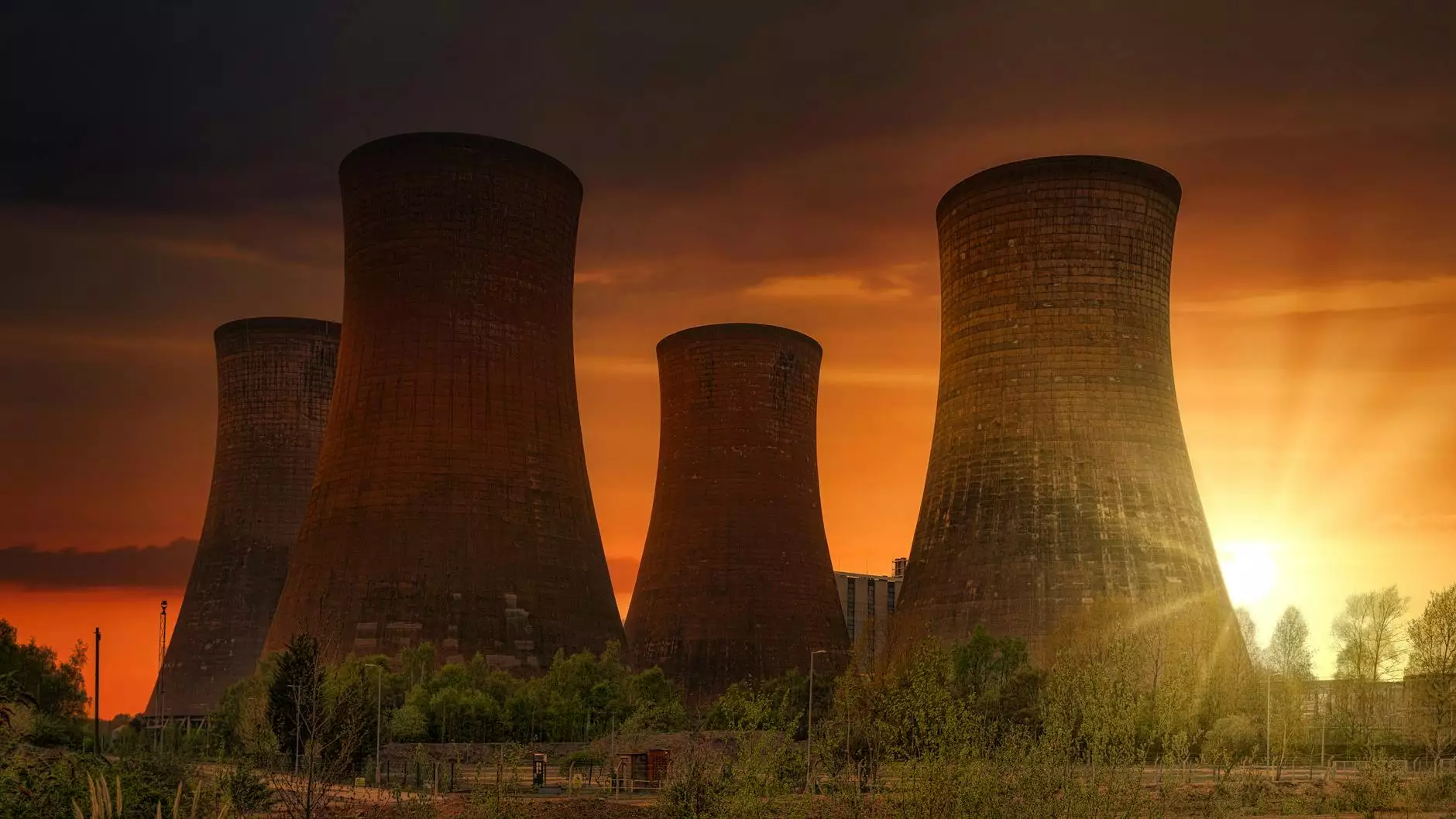The Pros and Cons of Using Nuclear Energy

Nuclear energy has long been a topic of debate and discussion. As a source of power, it offers both unique advantages and noteworthy drawbacks. In this article, we will delve into the pros and cons of utilizing nuclear energy, exploring its impact on the environment, society, and economy.
Advantages of Nuclear Energy
1. Low Greenhouse Gas Emissions: One of the significant advantages of nuclear energy is its low emission of greenhouse gases such as carbon dioxide. This makes it a cleaner alternative to fossil fuels, contributing to efforts in combating climate change.
2. High Energy Output: Nuclear power plants can generate a substantial amount of electricity from a small amount of fuel, making nuclear energy highly efficient in meeting the energy demands of a growing population.
3. Reliability and Consistency: Unlike some renewable energy sources like solar or wind power, nuclear energy can provide a consistent and reliable source of electricity regardless of weather conditions or time of day.
Disadvantages of Nuclear Energy
1. Safety Concerns: The potential for accidents, such as meltdowns, poses a significant risk associated with nuclear power plants. These accidents can have devastating consequences on both the immediate surroundings and long-term health of populations.
2. Radioactive Waste Disposal: A major drawback of nuclear energy is the issue of handling and storing radioactive waste. Proper disposal of these hazardous materials is crucial to prevent environmental contamination and protect public health.
Environmental Impact of Nuclear Energy
Nuclear energy is often touted as a clean energy source due to its minimal greenhouse gas emissions. However, the process of mining and enriching uranium, as well as the construction and decommissioning of nuclear power plants, also have environmental impacts, including habitat disruption and water pollution.
Social and Economic Considerations
From a socio-economic perspective, nuclear energy plays a complex role. While it can provide jobs and contribute to energy independence, the high cost of building and maintaining nuclear facilities, as well as the public resistance due to perceived risks, are crucial factors to consider.
Conclusion
In conclusion, the pros and cons of using nuclear energy are diverse and multifaceted. While it offers significant benefits in terms of low carbon emissions and energy efficiency, the safety concerns, radioactive waste management, and environmental impacts cannot be overlooked. It is essential to approach the integration of nuclear energy into the energy mix with caution and thorough consideration of all factors involved.









